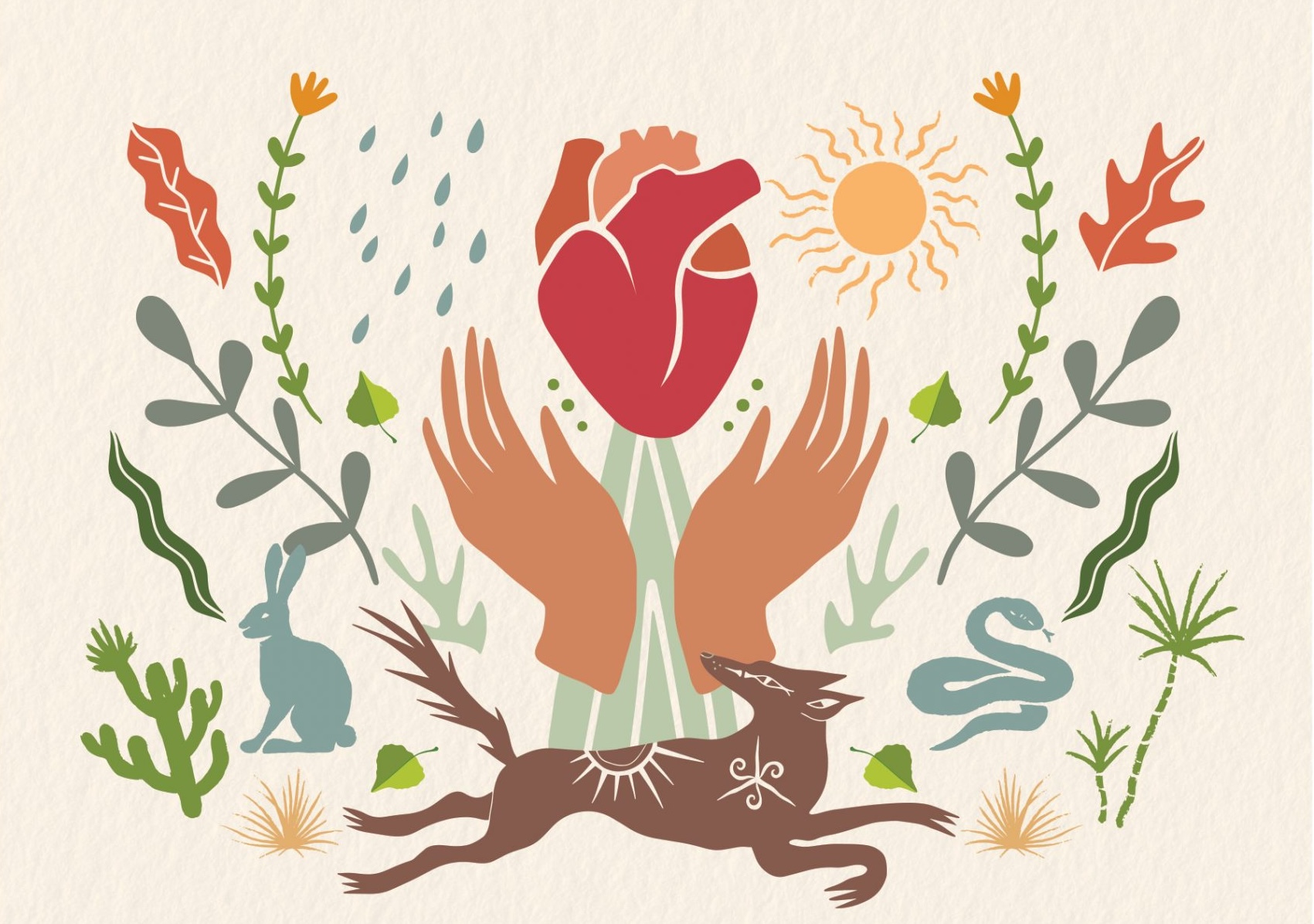
Thinking ecologically—about human health
Wendy Johnson‘s new book, Kinship Medicine, explores the power of strong community, family, and nature––as well as good food and medicine—on keeping us healthy and thriving.

Wendy Johnson‘s new book, Kinship Medicine, explores the power of strong community, family, and nature––as well as good food and medicine—on keeping us healthy and thriving.
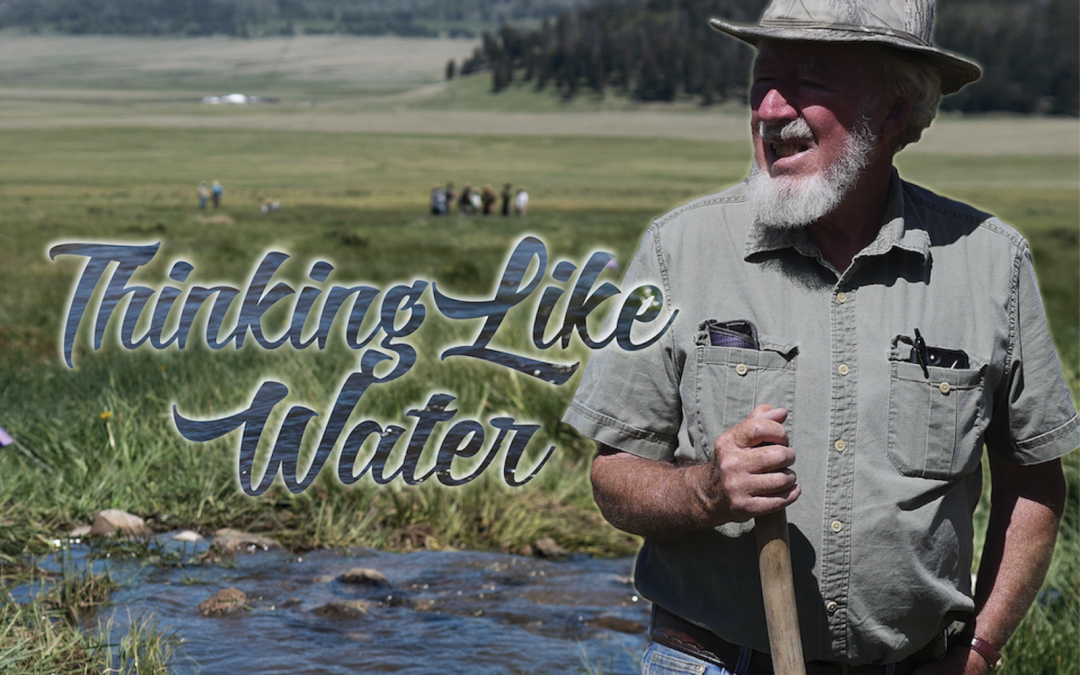
Bill Zeedyk restores landscapes—streams, wetlands, even rural roads—by using simple, low-tech tools and letting nature do most of the work. The result is healthy, lush desert ecosystems. He’s the subject of a new documentary, Thinking Like Water.
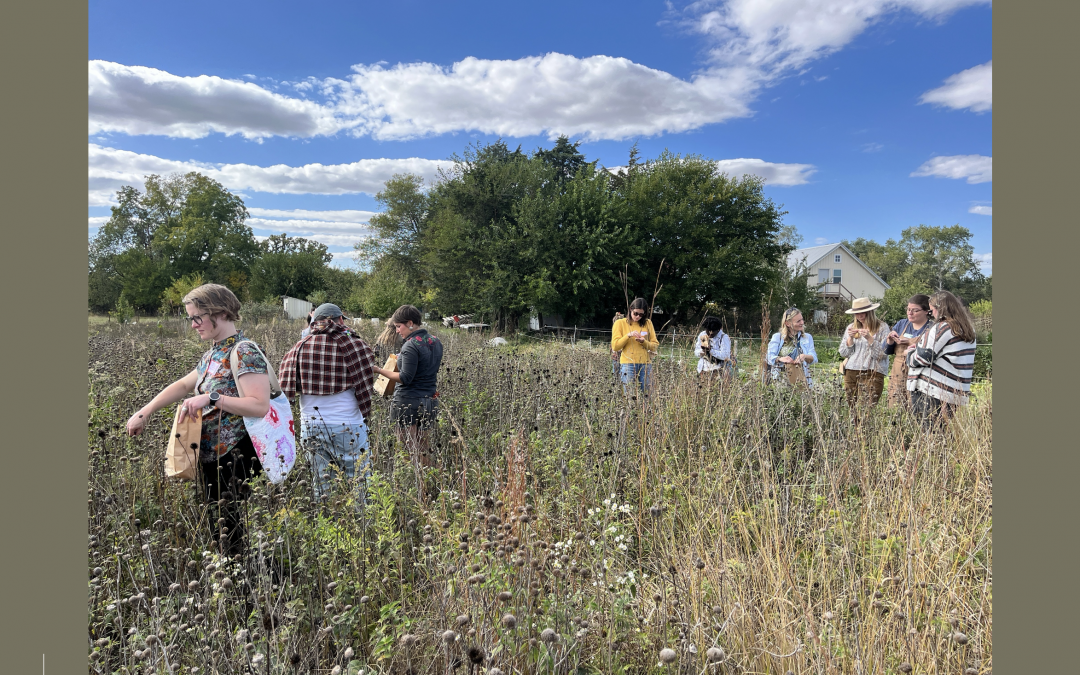
Women farmers and ranchers have historically been at a disadvantage in many ways––equipment designed for male bodies, lack of access to credit and capital, and just not being taken seriously. We talk to Jules Salinas of Women, Food & Agriculture Network
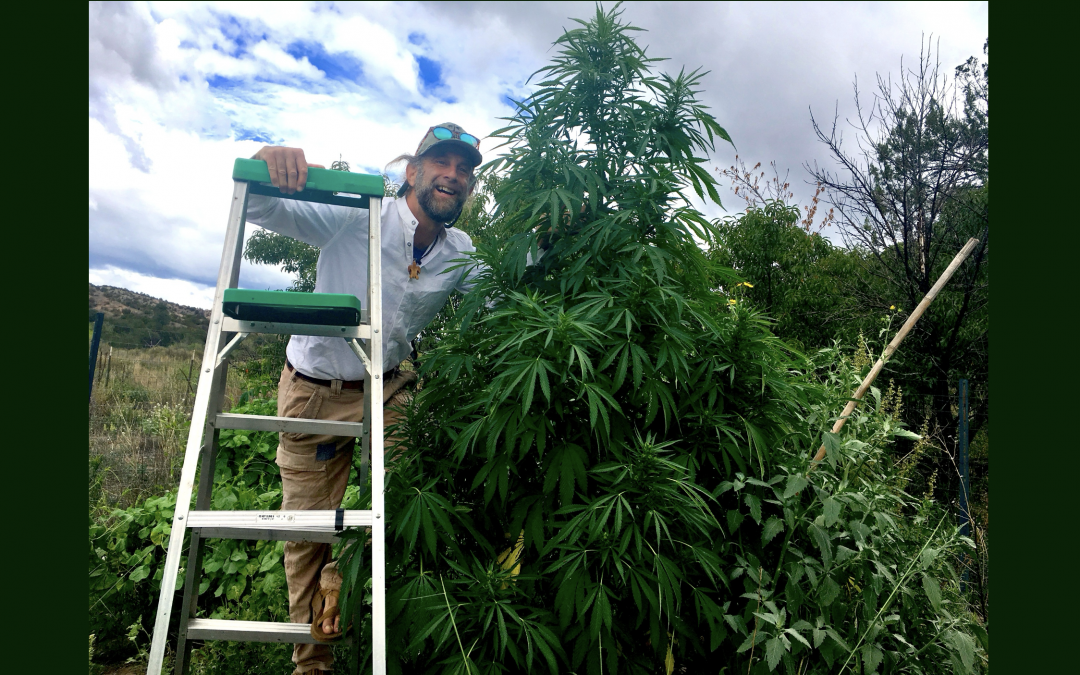
Journalist-filmmaker-farmer-comedian Doug Fine left the New York suburbs to settle in New Mexico, where he cultivates hemp as well as goats, chickens, and produce. He’s an advocate for regenerative farming and rural living.
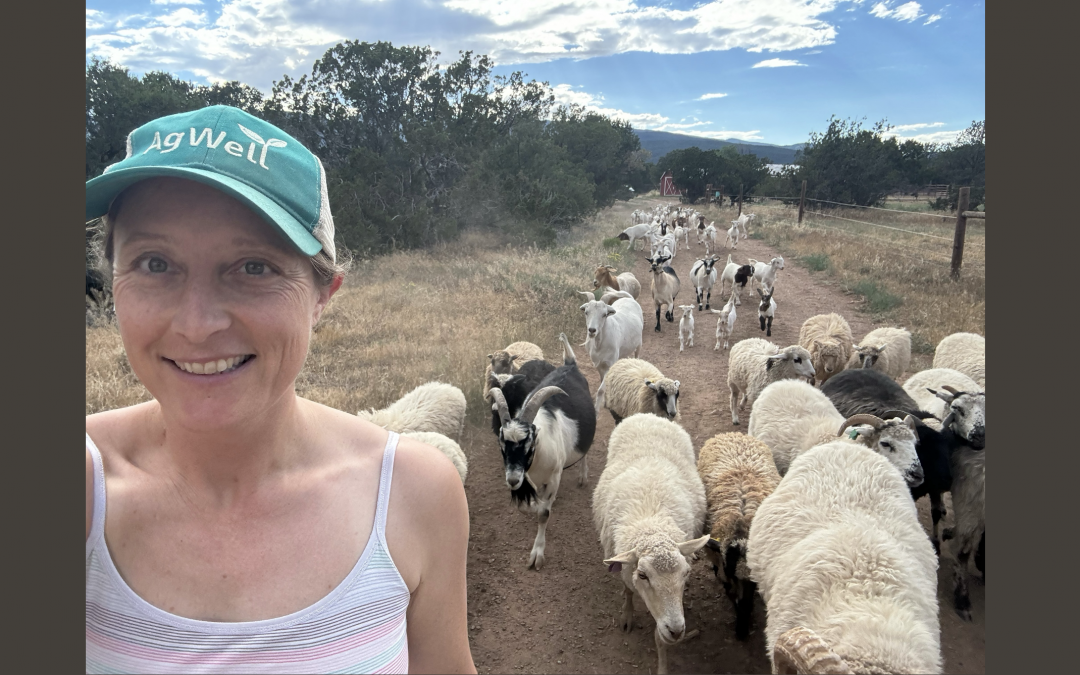
Quivira Coalition’s executive director Sarah Wentzel-Fisher began as an artist and creative writer, and got interested in communities and food systems. Her path led to a life of both non-profit leadership and farming.

Phoebe Suina draws on advanced studies in engineering and management and deeply held cultural values and knowledge of the land to lead a native- and woman-owned environmental restoration company.
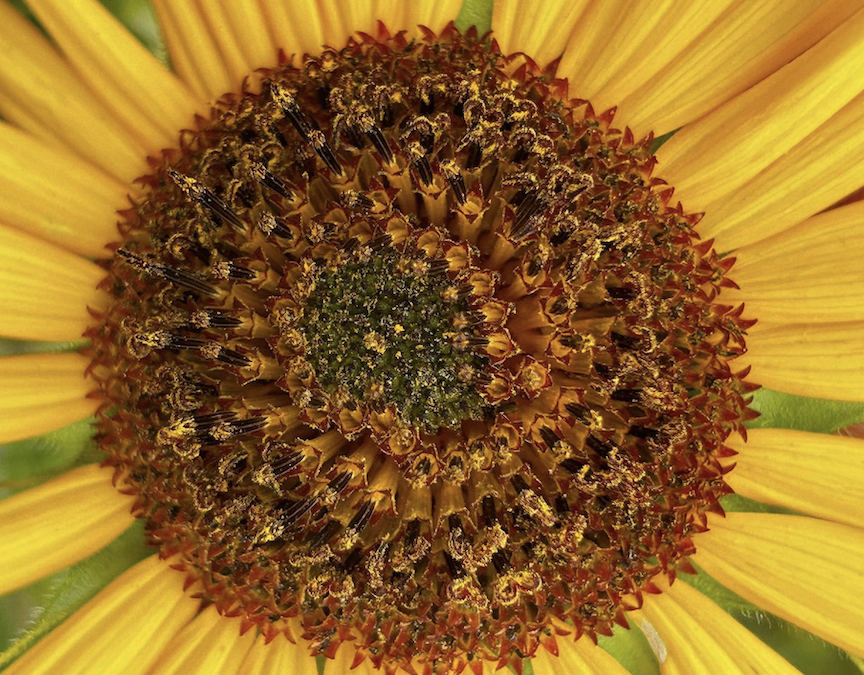
For beekeeper Melanie Kirby , honey is only one part of her business. Bee breeding and pollination service are essential to keeping the food system thriving.
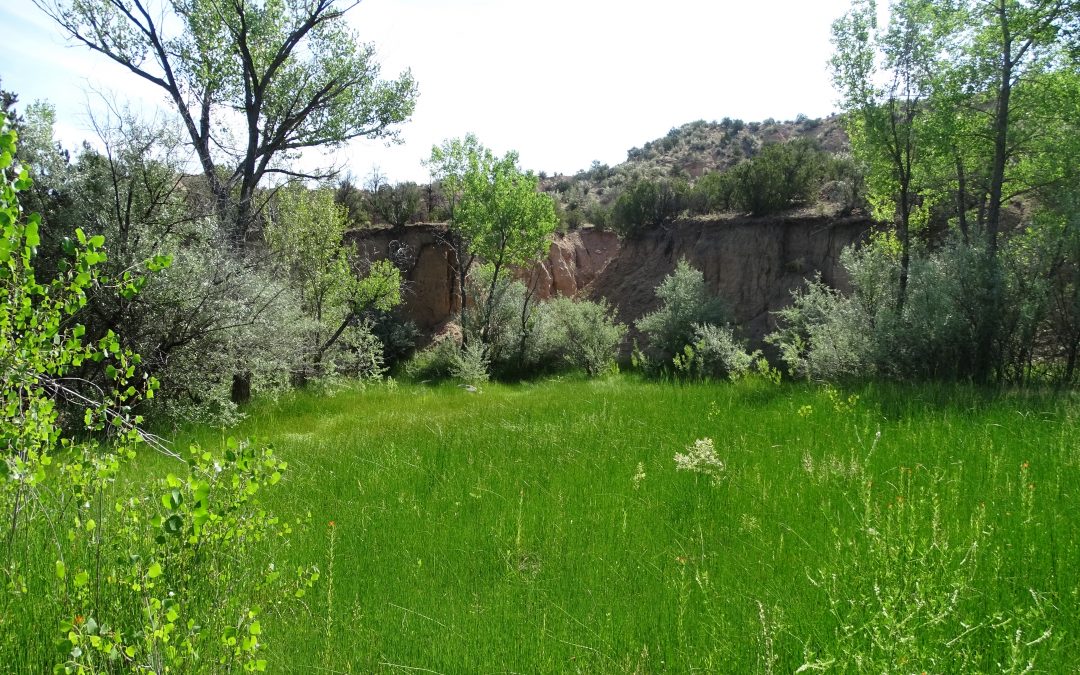
How do you restore an entire forest, or mountain, or watershed? Landscape planner Jan-Willem Jansens has been doing it for decades, and the key is…collaboration.
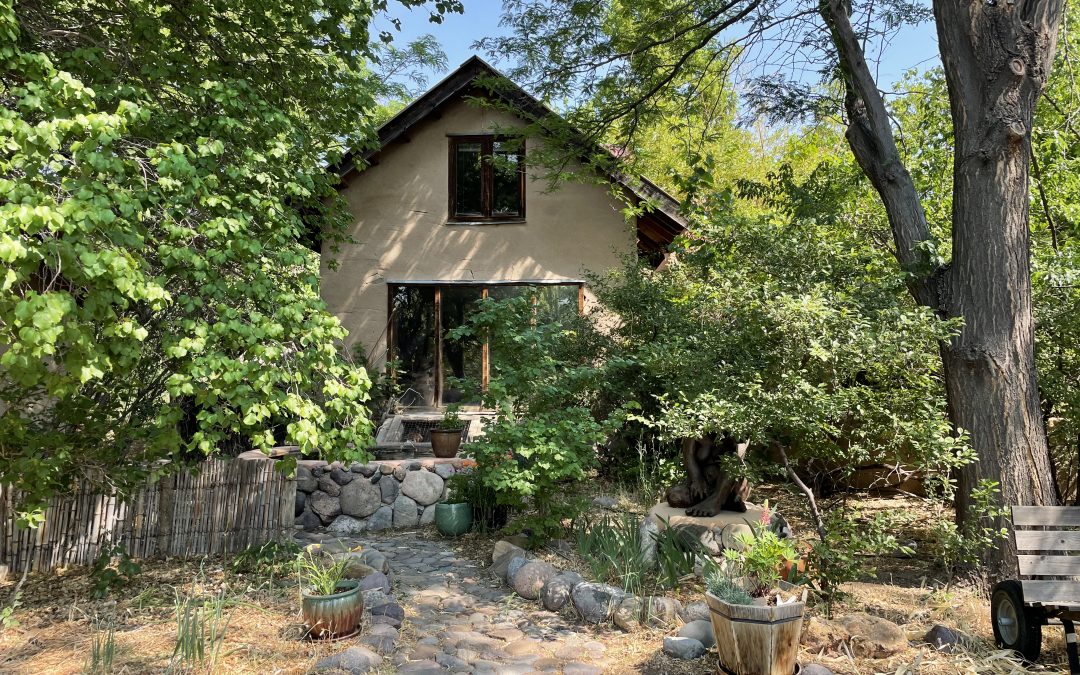
Roxanne Swentzell turned a small piece of bare, dry earth into a garden/forest that produced enough food and wood to maintain a family of four. She founded the Flowering Tree Permaculture Institute, which teaches how to understand and live on the land and allow it to flourish.
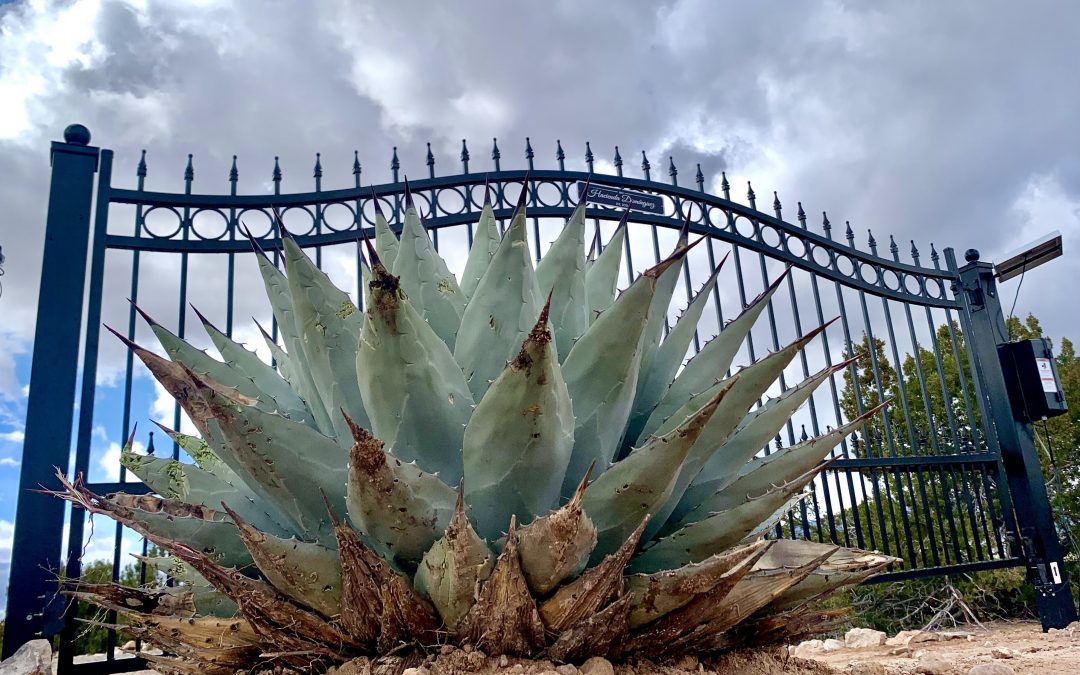
Lorenzo Dominguez and his family left the lucrative but stressful world of New York business in order to get more connected to land, people, and food. Two years in, their New Mexico farm is already a center for production and learning.